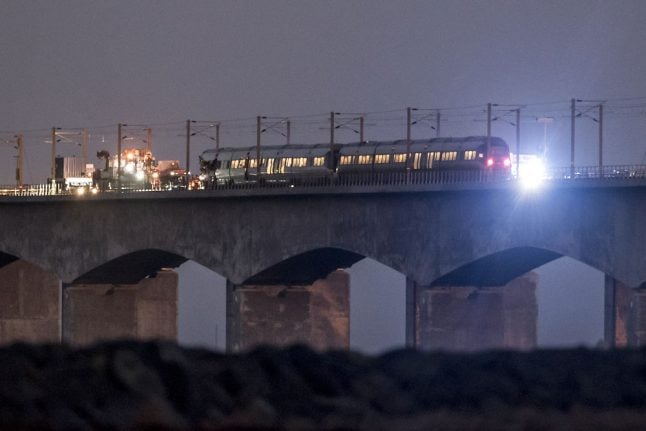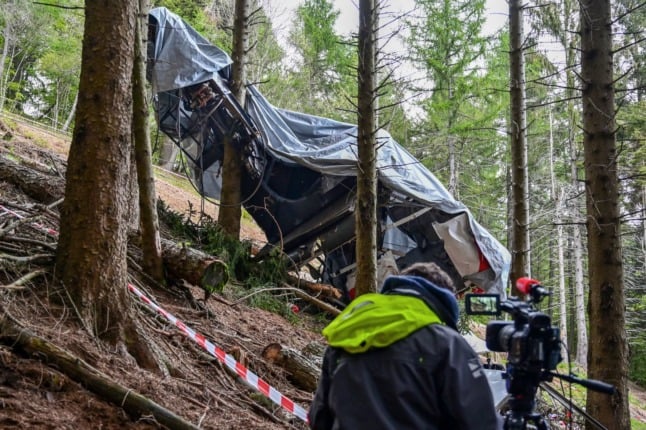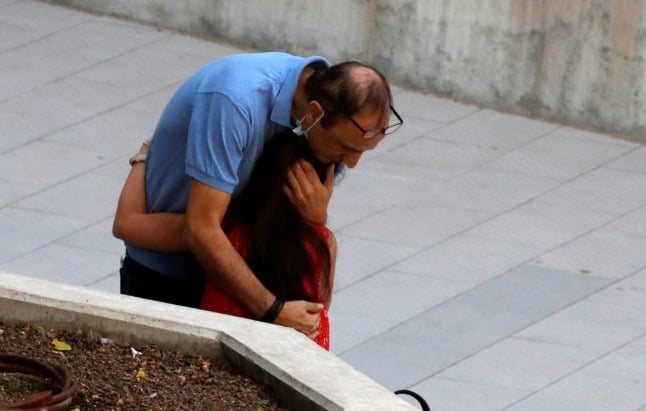The train, which was severely damaged but not irreparable, will be broken up and destroyed, Avisen Danmark reports.
“We have decided that when the Danish Maritime Investigation Board (DMIB) has finalized its report (of the accident), the train will be completely destroyed. It is not going to run again,” Per Schrøder, operations director with national rail company DSB, told Avisen Danmark.
After the January crash, which was the worst rail accident in Denmark for 30 years, the wreckage of the train was taken to a workshop in Aarhus.
Following police and DMIB investigations, it was handed over to DSB’s insurers.
“The train could possibly be repaired, but it was severely damaged,” Schrøder said.
“There are feelings involved… out of respect for the dead, their loved ones and staff, nothing will be reused,” he added, noting that a final decision would, however, be taken by the insurance company.
Similarly to conventions in air travel, the number of the DSB service was changed after its involvement in the tragedy.
The 05:19 departure from Aarhus was previously designated ICL 210, but was relisted as ICL 212 after the accident.
“It was completely natural for me to change the number of the service. We did this out of consideration for passengers and staff who don’t want to make associations with the catastrophe,” Schrøder said.
Initial results from the DMIB investigation point to high winds and insufficient attachment mechanisms as primary causes of the fatal accident, in which the passenger train collided with empty carriages from an oncoming freight train on the box-girder section of the Great Belt Fixed Link.
The final report from DMIB is expected to be published around the end of this year.
READ ALSO: Badly-attached container caused fatal accident on Great Belt Bridge: initial report





 Please whitelist us to continue reading.
Please whitelist us to continue reading.
Member comments